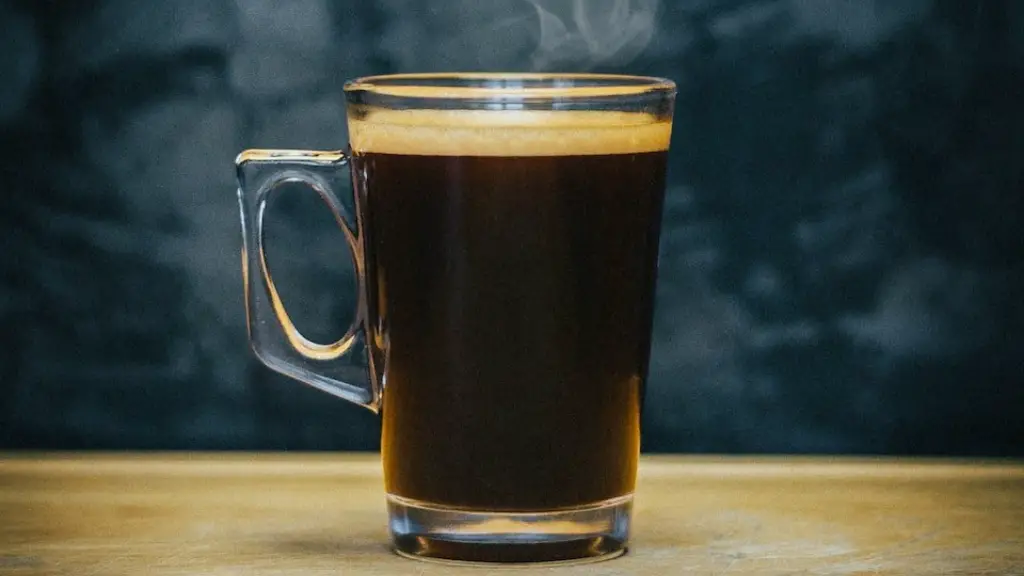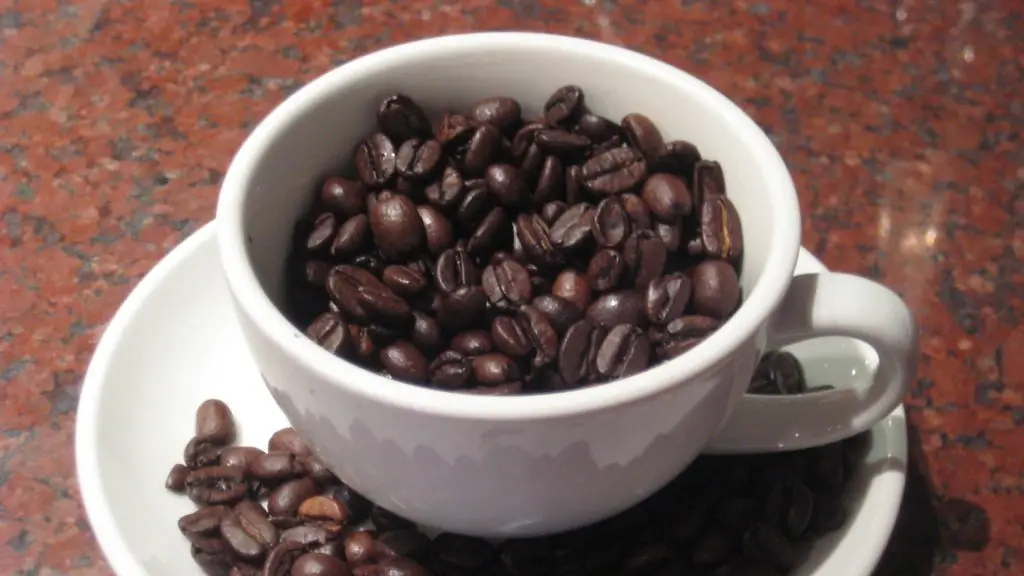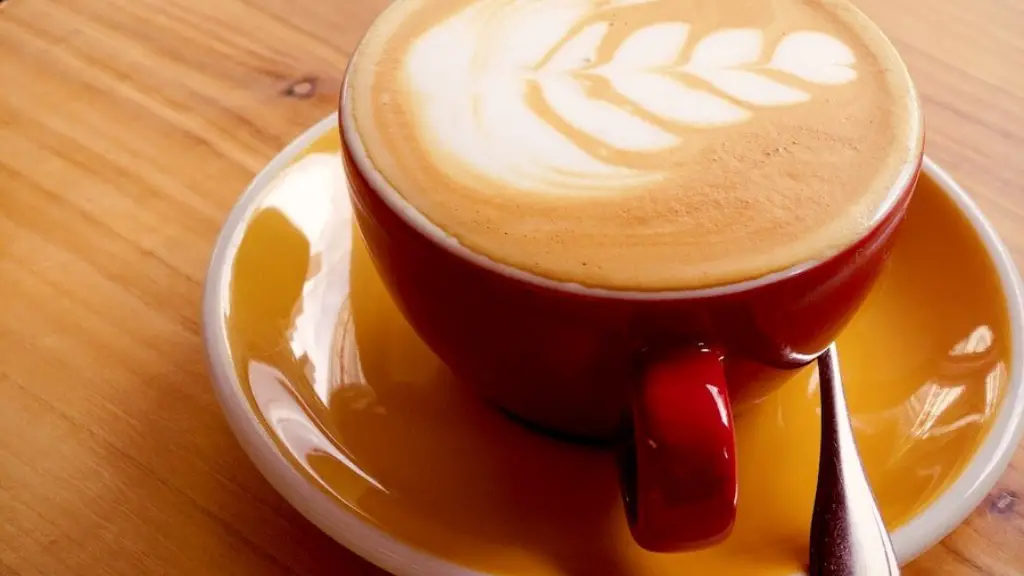Fasting for blood tests has become commonplace for those who visit their doctor for regular checkups or for those who have long-term health ailments. Despite the fact that fasting is necessary for accurate results, one often wonders if they are permitted to consume black coffee while completing the fast. The answer is yes, but with certain warnings and health considerations that ought to be kept in mind.
The nutrients in black coffee, while minimal, could mess with the results of the blood test, thus leading to an inaccurate reading. However, black coffee has 15-30 mg of potassium, which can be beneficial for those who undergo fasting. Despite the majority of medical facilities and physicians recommending not to consume any food or drink prior to a blood test; however, if coffee is permitted, then black coffee is preferred due to its low calorie, sugar and fat content.
Coffee as Source of Calories and Other Nutrients
Dr. Max Gomez of Columbia University Medical Center explains that while black coffee is essentially calorie-free, creamed, sugared or sweetened coffee contains calories and can affect your blood sugar levels. A cup of coffee with just one tablespoon of sugar and one tablespoon of half-and-half has as many as 80 calories and nine grams of sugar. Even a low-calorie sweetener like Splenda can still contain 5-10 calories, which can already cause a disturbance in your blood results. Gomez points out the importance of speaking to your physician first and to be aware of the amount and type of coffee you are consuming when fasting for a blood test.
Dr. Ryan Shelton, Medical Director at TestMYLevels explains that, generally, you are advised to stick to drinking plain black coffee, as it is essentially calorie-free and does not contain many, if any, carbohydrates. Such a combination is important for accurate results, as glucose, which can be present in some coffee, can affect the results of the test.
Coffee and Hydration Levels
Another primary concern during a period of fasting should be hydration levels. Coffee can be a great source of fluids; however, as Dr. Yael Varnado, an internist at UT Southwestern Medical Center, explains, if you’re drinking caffeinated coffee, it can produce mild dehydration. Caffeinated beverages, while providing hydration benefits, cause your body to excrete more fluids than they give you, thereby resulting in dehydration.
Dr. Donna Zahurak of the Gastrointestinal Specialists of Georgia further explains that any kind of caffeine has a slight diuretic effect which can slightly dehydrate the body. Zahurak suggests limiting the amount of black coffee that one imbibes during a period of fasting, as well as compensating for such beverages with water or non-caffeinated drinks to prevent dehydration.
Coffee and Blood Pressure
Furthermore, certain individuals or those with underlying medical conditions, such as high blood pressure, are urged to be cautious while fasting and especially where coffee consumption is involved. As Dr. Sairah Ahmed, an interventional cardiology fellow at Rutgers University states, “Caffeine found in coffee acts as a stimulant in the body, increasing blood pressure and heart rate.” Ahmed urges such individuals and anyone else with an underlying medical condition to consult with their physician prior to a period of fasting, especially if coffee is to be consumed.
Fasting for a blood test can be a daunting process, so understanding what and how much you can and cannot consume is paramount for accurate results. As a general rule, black coffee is considered safe for those who are fasting, but certain health considerations have to be factored in.
Coffee and Stress Levels Before Blood Tests
Dr. Danielle Tufano, a family medicine practitioner from NorthShore University HealthSystem, adds that stress levels need to be considered alongside caffeine because it can contribute to a sudden spike in cortisol levels. As such, it is advisable to avoid drinking coffee at least an hour before a blood test, as this could cause increased levels of stress and interference with the results obtained.
Tufano suggests not drinking coffee immediately prior to a blood test, as this can lead to anxiety, restlessness and a rapid heart rate during the test. Moreover, while the effects of caffeine remain in your system for approximately five hours, it is common practice to abstain from caffeine for 12 hours before taking a blood test.
Coffee and Blood Glucose Levels
Coffee is naturally low in sugar, yet certain brands and variations are infused with syrups and flavours that pack in a hefty amount of glucose, which can interfere with a blood test. Dr. Divya Shroff Sood, MD, of HealthHub Medical Centre explains that if you only drink black coffee with no added sugars, there is no significant risk of data distortion for tests like these if it is consumed in moderation.
Sood states that caffeine has an effect on blood sugar levels and anyone who is diabetic must be aware of this before consuming coffee even if it is black and not loaded with sugar or other unhealthy contents. She advises to avoid consuming more than three cups of black coffee during a fasting period, and it is best to avoid coffee altogether if you suffer from diabetes to ensure accurate results.
Coffee and Blood Tests
Blood tests are crucial for the diagnosis of many health problems and for monitoring the effectiveness of medications. In order to get accurate results, fasting for the period of time set by your physician is essential. While typically an individual is not allowed to consume anything during the fasting period, black coffee is considered by many physicians as a suitable alternative, within a certain framework. However, it is important to consider the quality of the coffee that you are consuming, as well as your own underlying medical conditions, before you partake in drinking coffee while fasting for a blood test.
Selection of Appropriate Coffee
Dr. Debra Jaliman, a board-certified dermatologist in New York City explains that individuals aiming to stay hydrated and maintain blood test accuracy while fasting should opt for black coffee that is completely free of calories. Jaliman warns against drinking a cup of black coffee with any milk, as that adds calories, or sugary syrups, which contain a lot of glucose.
Jaliman suggests being aware of the type and quantity of black coffee consumed during fasting for a blood test and to make sure your coffee does not contain too much caffeine, as it can have a negative effect on your cardiovascular health. She adds that individuals who don’t have a history of cardiovascular disease, who drink their coffee in moderation, and practice good hydration, can drink black coffee while fasting for a blood test without disrupting the results.
Black Coffee and Long Fasts
Dr. Nilofer Azad, an associate professor of medicine at the John Hopkins School of Medicine, notes that if an individual needs to fast for more than 12 hours, they are typically advised to avoid caffeine while they are fasting. If a longer-duration fast is required, Azard states that black coffee can still be consumed, but at a very moderate level, to ensure there is little interference with the results of the blood test.
Azard suggests determining the exact period of time and fasting requirements prescribed by your physician and for drinking coffee before that time to ensure accuracy of your testing results. Although black coffee does not contain calories and has essential elements like potassium, it must be consumed in moderation to prevent negative effects on the accuracy of your blood test results.
Caffeine Content in Black Coffee
Dr. Jacqueline Wolf, professor of medicine at Harvard Medical School, notes that genetically, people can metabolize caffeine differently and this should not be ignored when consuming coffee for a period of fasting for a blood test. Wolf explains that those who do not usually drink coffee may be more sensitive to its effects and should monitor their intake accordingly.
Wolf suggests monitoring the caffeine intake of black coffee during a period of fasting and to be aware of how you feel after consuming it. If you suffer from any medical conditions or are on any medications that may interact with caffeine, then it is best to avoid consuming coffee altogether and talk to your doctor first.




